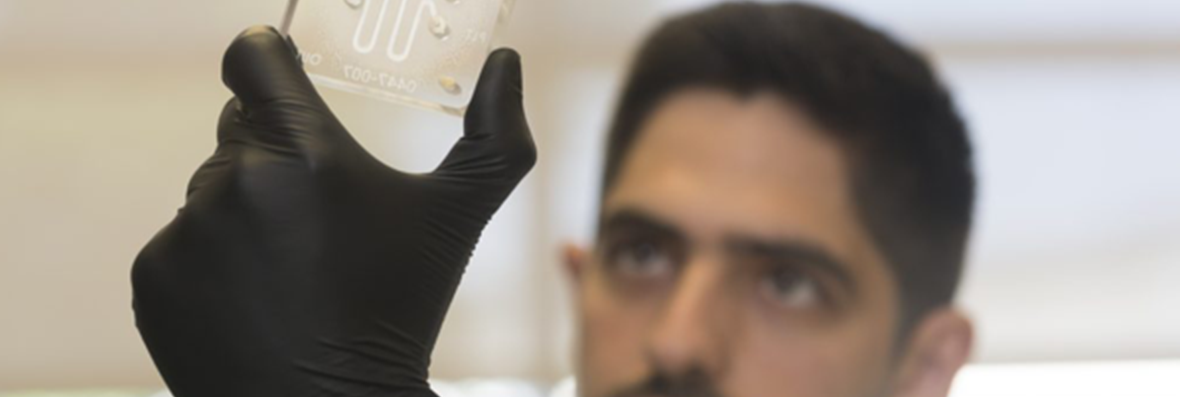Massachusetts, as the hub of the life sciences ecosystem, offers an abundance of opportunities and resources for early-stage life sciences companies. From state funding to the world’s leading innovation and talent pipelines, it’s no surprise that Massachusetts has become a breeding ground for early-stage companies to emerge and quickly grow toward commercial success.
Platelet Biogenesis (PBG) is a Cambridge-based company leading the production of functional human platelets from stem cells and developing platelet-based therapeutics. Platelets are the cells in the bloodstream that promote clot formation. They also demonstrate potential to be a crucial therapeutic for those exposed to radiation, which damages the body’s ability to produce platelets, and for many patients undergoing treatment for cancer, who also lose the ability to make platelets. Platelets have a short five-day shelf life, so they are almost always in limited supply.
For a shorter explanation, PBG has a concise set of slogans displayed on its web site:
PLATELETS…
…stop bleeding
…make blood vessels
…rejuvenate tissue
…transport factors
…target cancer
…We Make Platelets.
In 2015, PBG was awarded a $200,000 grant through the MLSC’s Milestone Achievement Program (MAP). The company fits into the highly innovative cadre of startups in Massachusetts that are developing cells as therapeutics.
“Going from zero to even just one employee is a real challenge for a startup,” said Sven Karlsson, a company co-founder who serves as president and chief business officer. “The programs available through MLSC helped PBG to really hit the ground running and start making progress on our science.”
Sven puts it simply: being awarded a MAP grant was the “catalyst” to the company’s success and growth. A $200,000 grant is critical to an early-stage life sciences company. With this funding, PBG was able to hire its first employee. Three years later, they are on the verge of becoming a 23-person operation.
In addition to a growing team, PBG secured funding from the National Institutes of Health on two separate occasions. The company also received funding through the MLSC’s Ramp-Up Program, which aimed to bridge the funding gaps created by the long life sciences R&D cycle and the high cost of translating research into commercially viable products. PBG also participated in MLSC’s Internship Challenge and has provided three internships for college students.
PBG continues to make rapid progress on their platform that produces functional human platelets in a two-stage process. The company uses induced pluripotent human stem cells to create megakaryocytes, the progenitor cells that produce platelets in human bone marrow, in a proprietary process. Megakaryocytes are then placed in PBG’s patented recirculating bioreactor. The bioreactor mimics the environment inside human bone marrow, creating conditions for the megakaryocytes to generate large quantities of platelets.
“The MAP grant enabled us to generate pivotal data which we leveraged into a significant private investment that is accelerating our path to the clinic,” said Sven.

This year’s highly competitive MAP will provide awards of up to $200,000 in non-dilutive grant funding to Massachusetts companies who propose the completion of a technical milestone, which has been informed by investors and/or board members. Examples of fundable milestones may include: prototype development, technology assessments, manufacturing process, pre-clinical work, clinical trials, market analysis, competitive assessments, and regulatory strategy design.



